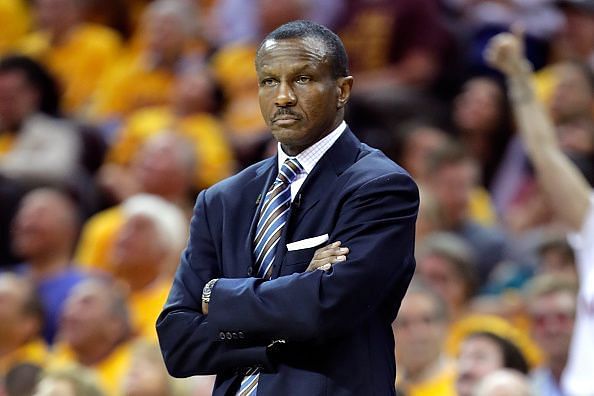
Why Dwane Casey getting fired is not a big deal
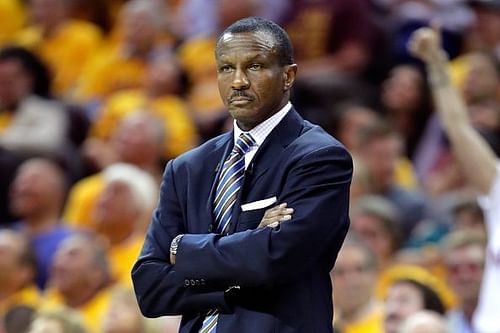
Four days after being swept by LeBron James and the Cleveland Cavaliers, the Toronto Raptors decided to part ways with their head coach, Dwane Casey. This decision sent the NBA world into a frenzy, criticized by almost every reporter, analyst and former player and coach. But is this attack on the team and its President Masai Ujiri justified?
Casey joined the Raptors in 2011, after winning an NBA championship as an assistant coach for the Dallas Mavericks. He arrived at Toronto a year after the departure of former franchise player, Chris Bosh, and 10 years after the teams' last and only playoff series win.
After missing the postseason for the first two years, the Raptors became a regular playoff team, qualifying this year with the best record in the east.
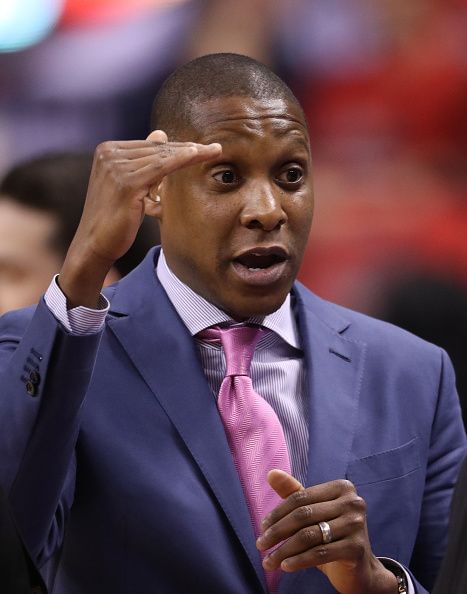
This change happened when former Executive of the Year, Masai Ujiri, took over in 2013. He traded for, signed as a free agent or picked in the draft every player on the Raptors bench, the best bench in the NBA in terms of net rating. However, all of that wasn’t enough to go past LeBron James.
For the third straight year, Cleveland knocked Toronto out in the playoffs, the second time in a row by sweep. In the franchise's best season in history, they were still unable to overcome this obstacle. This failure gave the signal for some big changes north of the border, but a coaching change was mostly unexpected.
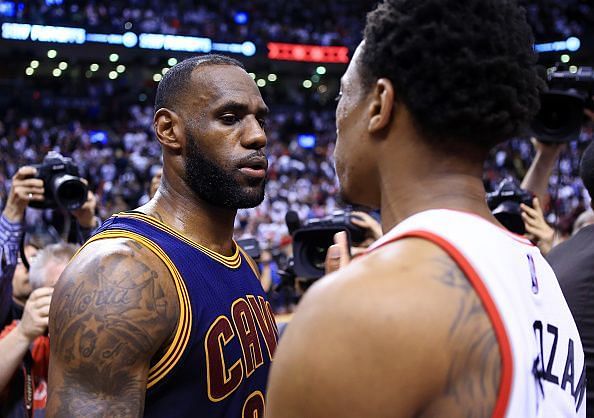
Casey holds the best win/lose percentage in the history of the Raptors and is responsible for their biggest postseason achievement ever, a conference final. But he is also as responsible as his players for the teams' inability to beat the Cavs three years in a row. The so-called "psychological whammy" LeBron has on the Raptors' players affects Casey as well.
So why is everyone resentful at the Raptors' front office decision?
First, Casey received the National Basketball Coaches Association's Coach of the Year Award just three days prior to the firing. Second, analysts expected a big "blow up" in the roster, specifically All-Stars DeMar DeRozan and Kyle Lowry. Most of the fault fell on them for underperforming in the playoffs, as opposed to the coach's decision-making.
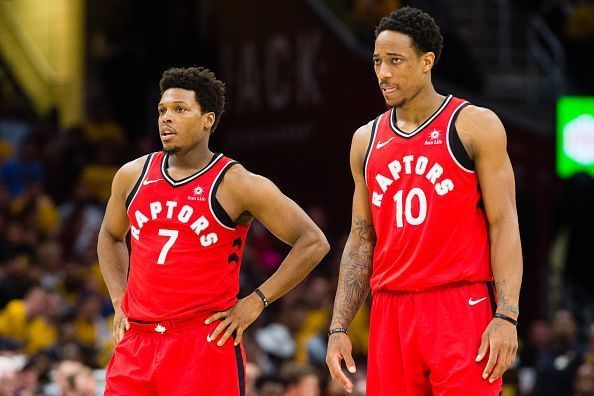
Lowry didn't show up in money time, failing to score in the fourth quarter in the first two home losses. DeRozan's terrible game 3 performance caused Casey to bench him for the last 14 minutes, followed by an ejection for a harsh foul on Jordan Clarkson. Both players averaged fewer points in their playoff career with the Raptors in comparison to the regular season.
But shifting the blame towards these two players is not completely fair. Through the series, the Cavs took advantage of mismatches Casey wasn’t able to overcome. Moreover, benching your best player for the entire fourth quarter in a crucial game 3, even if he is not at his best, is never a good call.
Your chances to make a comeback against a player like LeBron James are significantly lower without your best player. DeRozan's ejection the following game was a direct result of his frustration with that call.
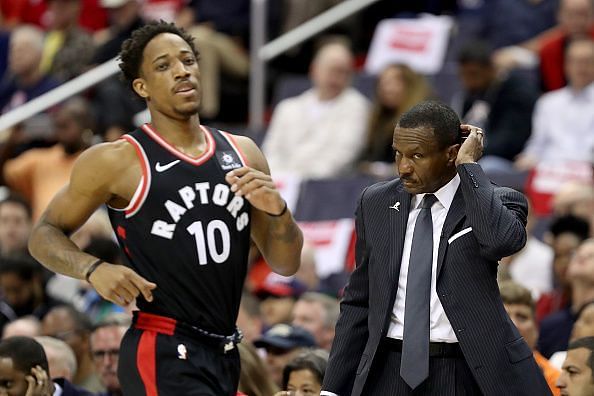
It is important to remember this action is not the last for this offseason. As Ujiri described it, it is a "very difficult but necessary step the franchise must take." We are five months away from the beginning of the next season and Toronto has plenty of time to make additional steps.
They will look to move the big contracts of Ibaka and Valanciunas and create a new face for the franchise at the expense of DeRozan and/or Lowry. Masai Ujiri is the man who brought the Raptors this far and his moves should be trusted as the right ones until proven otherwise.